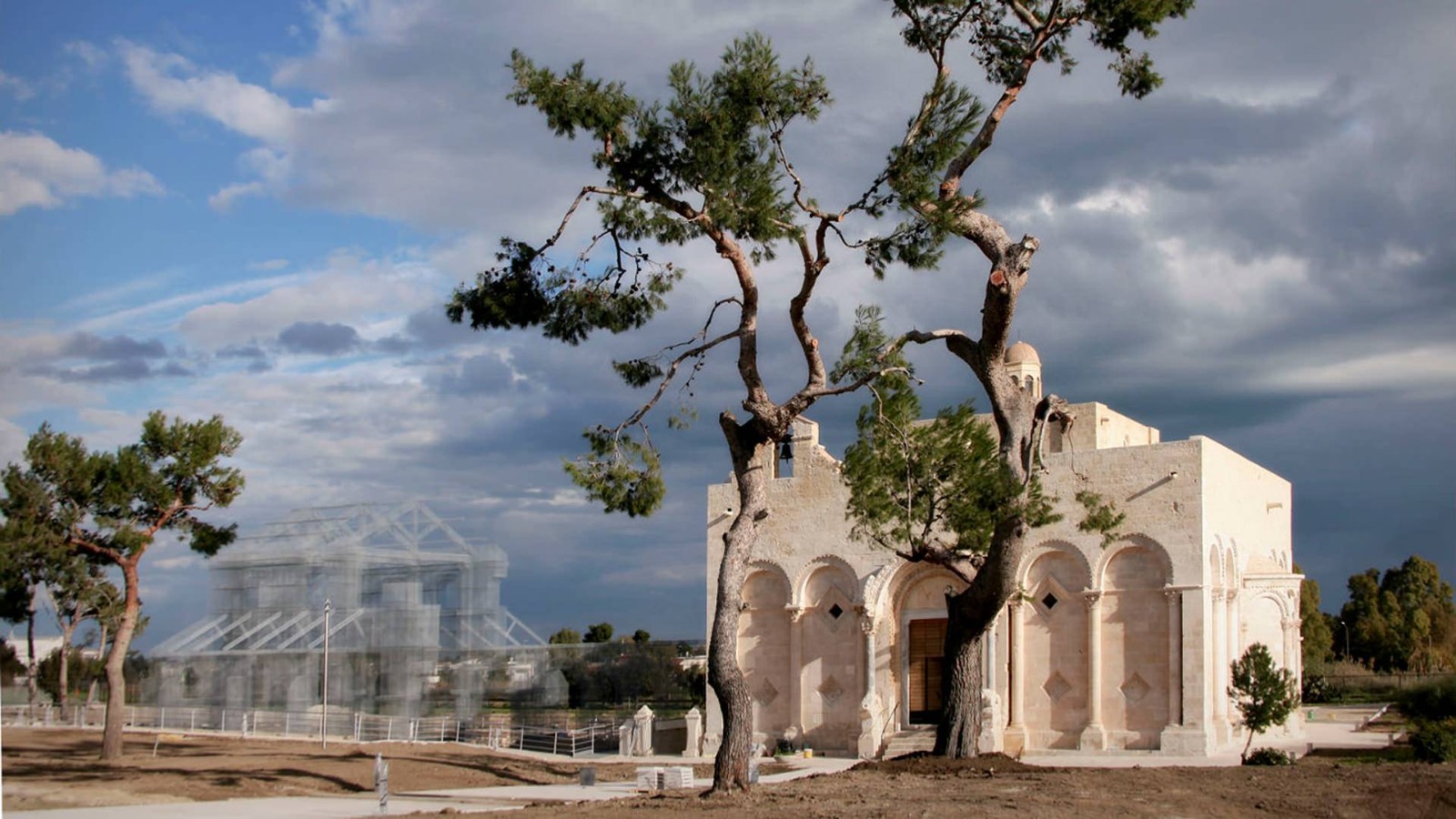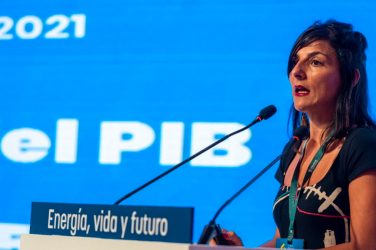In Italy, the commitment of the building industry to the field of environmental sustainability is constantly growing. In the post-Covid-19 era, construction companies have understood the need to respect the environment and prevent pollution, focusing more on the circular economy and the construction of new green buildings, paying particular attention to the “Net-zero emissions”, the reduction of carbon embodied emissions within 2050.
Among the virtuous examples in the Italian construction field emerges Cobar. Born in Apulia 40 years ago, today Cobar is an established reality throughout the country, which is specialized in the construction of civil, industrial, tourist, and commercial high-quality buildings, and in the restoration, restructuring, and conservative rehabilitation of some historical Italian properties. In the last few years, the company has grown so much to be awarded complex and high-responsibility works, such as the restoration of the Colosseum or of the Royal Palace of Caserta, iconic symbols of Italian culture and history, the Petruzzelli Theater in Bari, the Santa Maria di Siponto Basilica, Palazzo Barberini in Rome and San Paolo Theatre in Naples.
Cobar constantly works to improve its performance and recently has been paying more and more attention to the environment. Once the environmental aspects related to its organization have been identified, the company evaluates the significant impacts of its work on the environment and commits to reducing and improving them. Furthermore, among other objectives, Cobar aims to minimize energy and water consumption, the production of waste, as well as reduce the use of environmentally hazardous substances, and prevent pollution.
These principles have been applied, in particular, on three infrastructure works executed by the company. The first one is the project for the Bari West water purification plant, whose function is the separation of polluting substances from sewage water to obtain a clarified liquid suitable for discharge at sea. Cobar’s project aimed at providing optimization of the sludge filtration line into the purification plant, making use of co-generation technology in order to produce electricity and heat required for sludge heating inside the sludge digesters. This technique minimizes the electrical costs and, at the same time, reduces the environmental impact generated by conventional techniques with a thermal plant.
The second example of Cobar’s urban requalification works is the completion of the regium waterfront for the city of Reggio Calabria. The aim of the project was to deliver improvements in the architectural structure and its adaptation within the site. After a careful analysis of the preliminary design, it was possible to identify some significant design themes, one of which was the redevelopment of the historic Zerbi pine forest. The new layout creates a space that extends towards the inside of the project’s affected area, in which the presence of trees is abundant and seamless. Finally, the new terminal is completely open on the sides facing the shoreline and the city.
In the end, the execution of the works relating to the accessibility operation of La Gravina is a further example of urban requalification work. In order to reestablish the connection between the urban area and the La Gravina gorge, it was necessary to regenerate the pathways of the Piaggio neighborhood. The recovery of the Piaggio district is seen as an opportunity to bring back together the city centre with the old pathways on the ravine. The proposal has been to rethink the area of Piaggio by recycling principles borrowed from nature and from the surrounding ecosystem and reinterpreting them to create a new way of life.
The three projects mentioned above testify to the constant commitment of Cobar to updating its skills, its plan for improvement, and its willingness to support solid values such as respect for the work and for the environment: key elements for a brilliant and successful future.









Show Comments